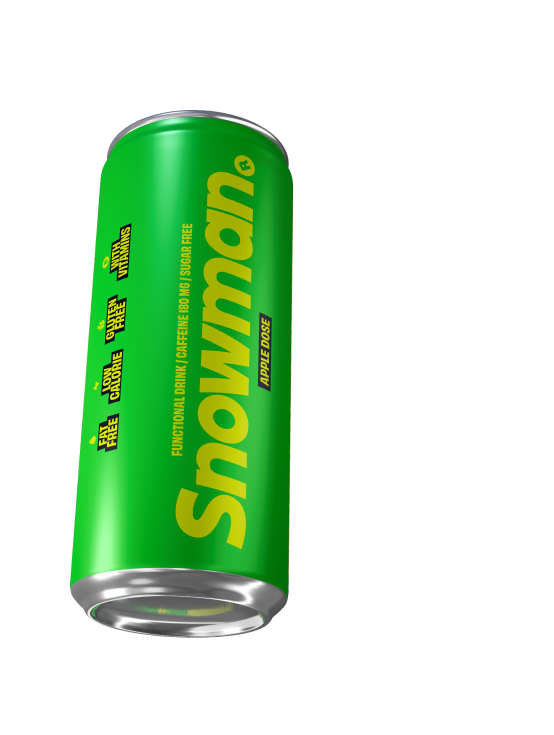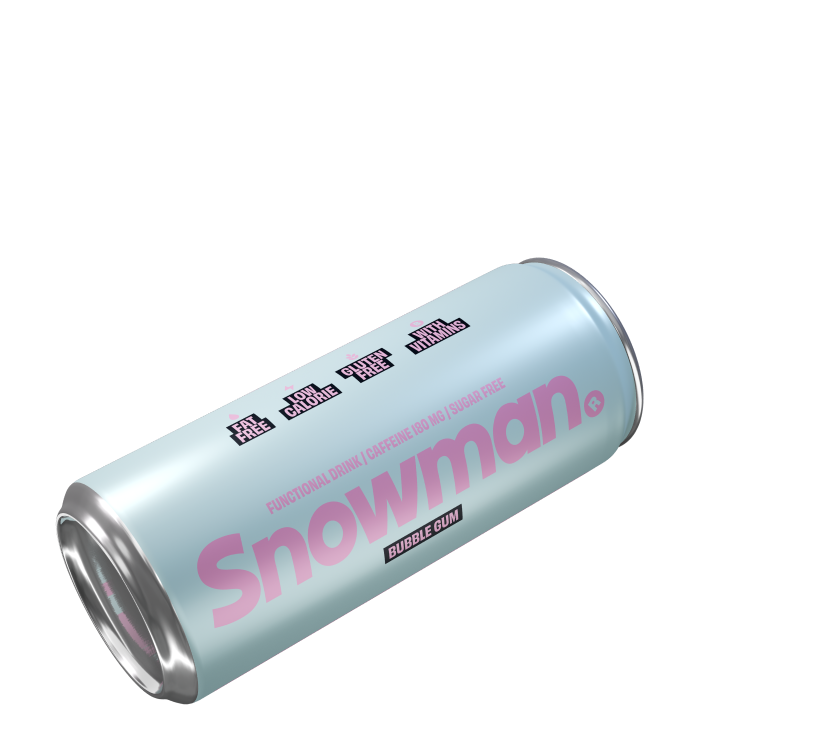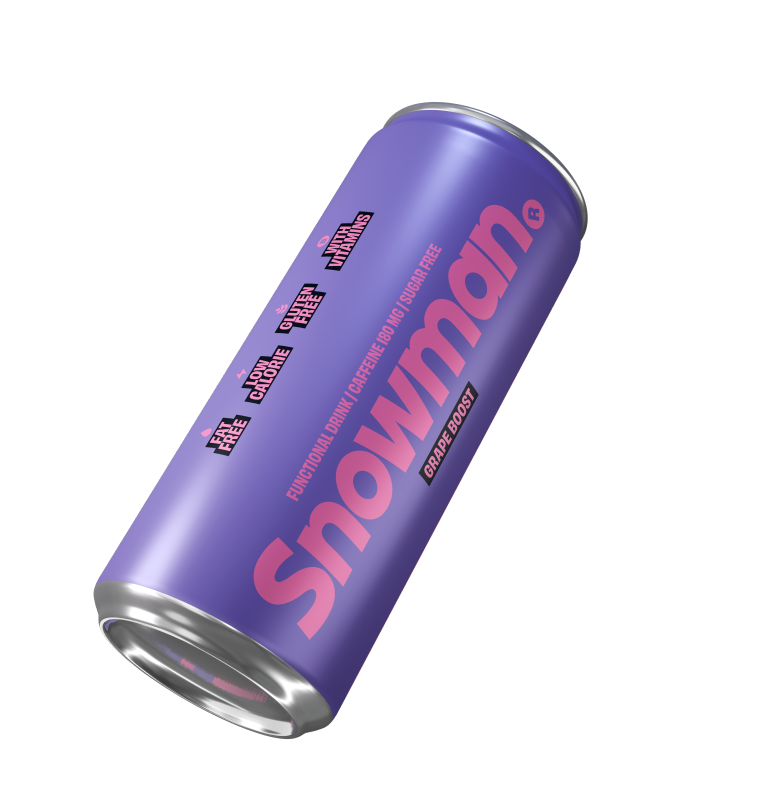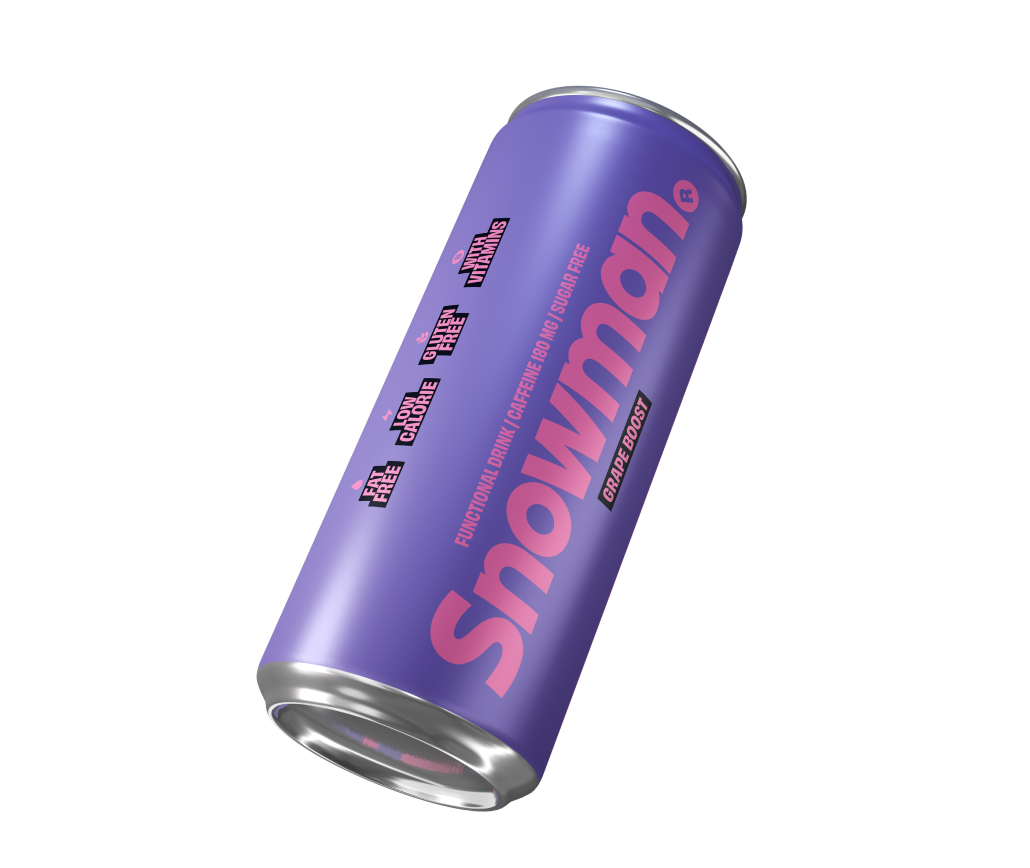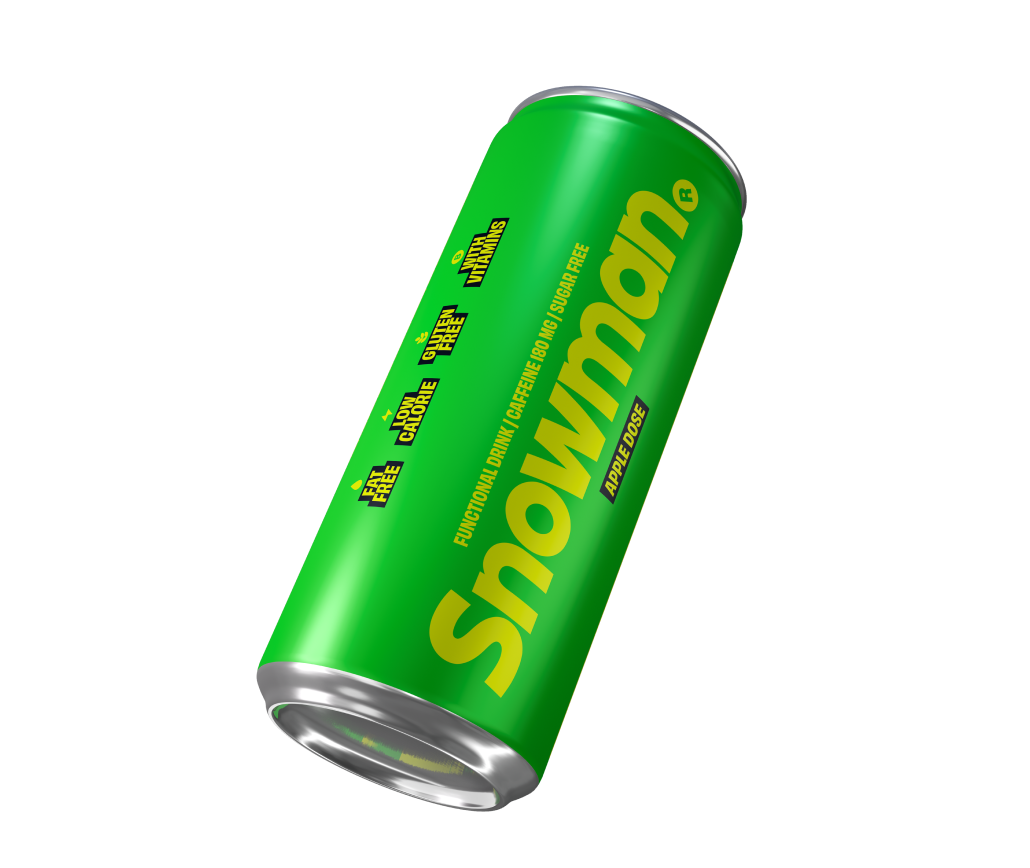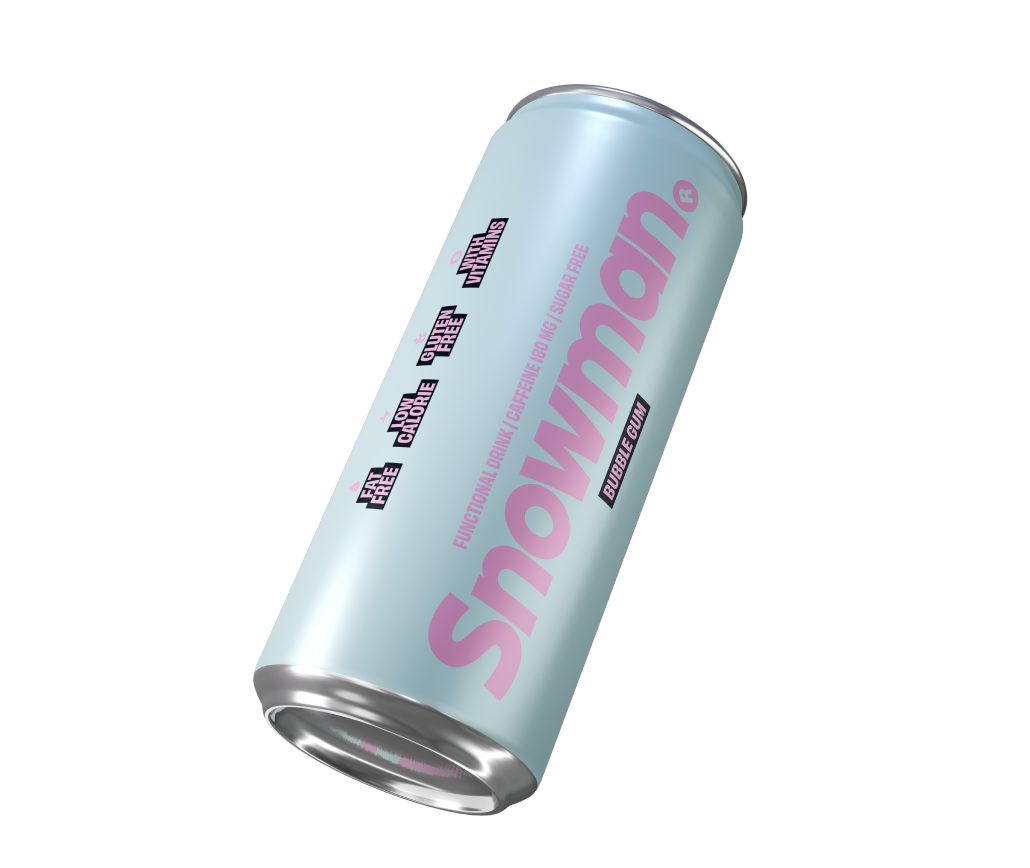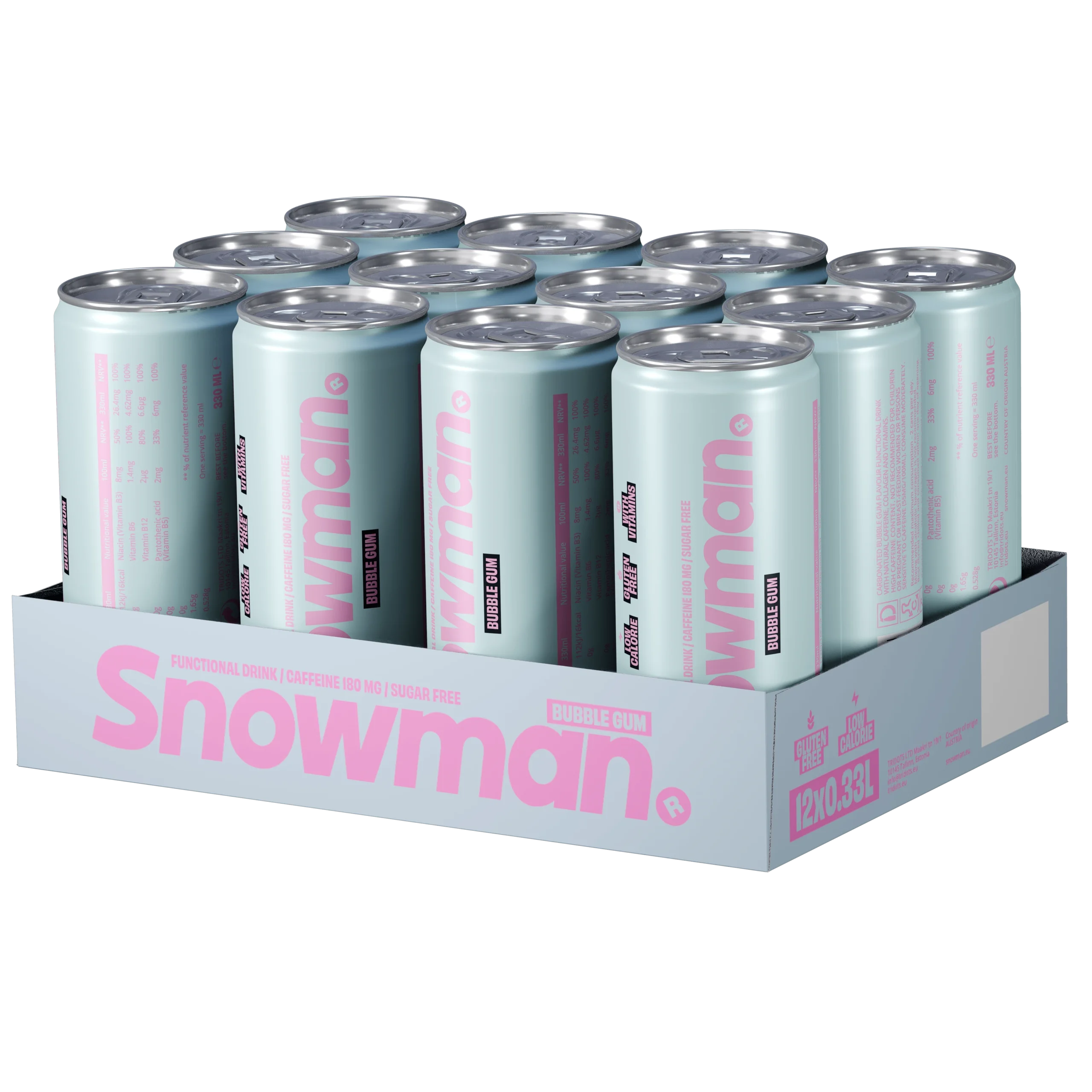
In 2025, more people are reaching for beverages that do more than just quench thirst. Functional drinks—beverages designed to deliver specific health benefits—are exploding in popularity. Whether it’s boosting energy, calming the mind, improving gut health, or enhancing focus, functional drinks have become a staple for health-conscious consumers.
But what exactly are functional drinks, and why are they capturing global attention?
What Are Functional Drinks?
Functional drinks are beverages that offer added health benefits beyond basic nutrition and hydration. Unlike regular soft drinks or juices, these beverages are infused with active ingredients designed to enhance physical or mental performance, support wellness, or target specific bodily functions.
Categories of Functional Drinks:
- Energy-boosting drinks
- Brain-enhancing (nootropic) drinks
- Digestive support beverages
- Relaxation and sleep aids
- Immune-boosting infusions
- Electrolyte and fitness recovery drinks
These drinks often straddle the line between nutrition and supplementation, offering convenience and flavor in one bottle or can.
Common Ingredients in Functional Drinks
The power of functional drinks lies in their active ingredients. Here are some of the most common:
| Ingredient | Function |
|---|---|
| Adaptogens (ashwagandha, ginseng) | Help manage stress and balance hormones |
| Nootropics (L-theanine, bacopa) | Enhance cognitive function and focus |
| Probiotics (lactobacillus, bifidobacteria) | Support gut health and digestion |
| Vitamins & Minerals (B-complex, zinc, magnesium) | Boost immunity and energy |
| CBD or Hemp Extracts | Promote relaxation and reduce inflammation |
| Electrolytes (potassium, sodium) | Rehydrate and restore after exercise |
Manufacturers often combine these into flavorful blends to enhance health and taste.
Types of Functional Drinks
Functional beverages vary widely depending on the desired effect:
1. Energy Drinks
Infused with caffeine, B-vitamins, and amino acids to increase alertness and reduce fatigue.
2. Gut Health Drinks
Contain probiotics and prebiotics to support digestion and microbiome health.
3. Brain Boosters
Include nootropics like L-theanine or ginkgo biloba to improve mental clarity and memory.
4. Relaxation Beverages
Feature ingredients like magnesium, valerian root, or CBD to calm nerves and support sleep.
5. Sports & Recovery Drinks
Loaded with electrolytes and amino acids to rehydrate and rebuild after physical activity.
Key Benefits of Functional Drinks
Functional drinks are more than trendy—they deliver measurable benefits such as:
- Increased energy and endurance
- Better digestion and gut balance
- Reduced anxiety and stress
- Sharper mental focus
- Improved immunity
- Enhanced hydration
Because they combine hydration with performance-enhancing nutrients, they appeal to people who want convenient, natural wellness support.
Why Are They So Popular?
1. Convenience
No need to swallow pills or prepare complex meals. Just grab and go.
2. Appeal to Modern Wellness Culture
Today’s consumers are interested in preventive health and natural remedies, especially in drinks with clean labels.
3. Social Media Buzz
Influencers, athletes, and health coaches on platforms like TikTok and Instagram showcase these drinks in daily routines, creating massive FOMO-driven demand.
4. Flavored Wellness
People want health benefits without sacrificing taste—and functional drinks deliver both.
Are Functional Drinks Backed by Science?
The evidence varies. Some ingredients, like electrolytes, caffeine, and probiotics, are well-researched. Others, such as adaptogens and nootropics, show promise but need more clinical trials for long-term use.
Look for drinks with:
- Transparent labeling
- Clinically studied ingredients
- Dosages aligned with scientific research
Not all products are created equal, so it’s wise to check credibility and source.
The Role of Branding and Marketing
Functional beverage brands have mastered lifestyle marketing:
- Sleek, minimal packaging
- Buzzwords like “plant-based,” “natural,” and “organic”
- Celebrity collaborations (e.g., athletes or health gurus)
- Smart targeting of fitness lovers, biohackers, and stressed professionals
Marketing plays a big role in how these drinks are perceived—sometimes overshadowing actual efficacy.
Health Risks and Considerations
Functional doesn’t always mean risk-free.
Potential concerns:
- Caffeine overload in energy-focused drinks
- Added sugar or artificial sweeteners in flavored varieties
- Interactions with medications (especially with CBD or herbal extracts)
- Overuse of vitamins leading to toxicity in extreme cases
Always read the label and consult a healthcare provider if unsure.
Functional Drinks vs Supplements
| Aspect | Functional Drinks | Supplements |
|---|---|---|
| Form | Beverage | Capsule, tablet, powder |
| Taste | Flavored, enjoyable | Often bland or chalky |
| Convenience | Grab-and-go | May need water or food |
| Absorption | Often faster | Can vary |
| Control | Harder to dose | Easier to track dosage |
Functional drinks are great for daily support, while supplements may be better for precise nutrient control.
Trends in 2025 Functional Beverage Market
Functional drinks are expected to reach $180+ billion globally in 2025.
Emerging trends:
- Mood-based drinks (calm, alert, sleep-focused)
- Zero-sugar innovations
- Personalized formulas based on DNA or health tests
- Botanical infusions with mushroom blends or rare herbs
Flavor remains king—but science-backed claims are taking center stage.
How to Choose the Right Functional Drink for You
1. Identify Your Goal
Energy? Gut health? Focus? Hydration?
2. Read the Label
Look for clinical doses, natural ingredients, and minimal fillers.
3. Avoid Red Flags
Too much caffeine, vague ingredient names, or proprietary blends that hide dosage.
4. Test & Observe
Try a drink and track how you feel—energy, mood, sleep, digestion, etc.
DIY Functional Drinks at Home
Want to skip the store? Try these homemade blends:
- Gut Support: Water + lemon + chia seeds + probiotic capsule
- Energy Boost: Green tea + honey + ginseng
- Brain Kick: Cold brew + MCT oil + cinnamon
- Sleep Tonic: Almond milk + ashwagandha + turmeric + honey
Simple ingredients, powerful effects.
FAQs: What Are Functional Drinks?
1. Are functional drinks the same as energy drinks?
No. Energy drinks are one type of functional drink. Others focus on gut, sleep, or mood.
2. Can I drink them every day?
Yes—but check ingredients and doses to avoid overconsumption.
3. Do they really work?
Many do—especially those with proven ingredients like caffeine, electrolytes, or probiotics.
4. Are functional drinks safe for kids or pregnant women?
Not always. Always consult a doctor before giving these drinks to sensitive populations.
5. What’s the best time to drink them?
It depends—energy drinks in the morning, sleep drinks at night, gut drinks with meals.
6. Are DIY functional drinks effective?
Yes, especially if you use whole foods and natural extracts.
Conclusion: Functional Beverages—Fad or Future?
So, what are functional drinks, and why are they everywhere in 2025? They’re beverages that do more—helping you feel better, think clearer, or recover faster. With the right ingredients and smart choices, they can be a powerful part of a wellness lifestyle.
But don’t believe every label. Stay informed, choose wisely, and enjoy these modern health boosters as part of a balanced routine.
